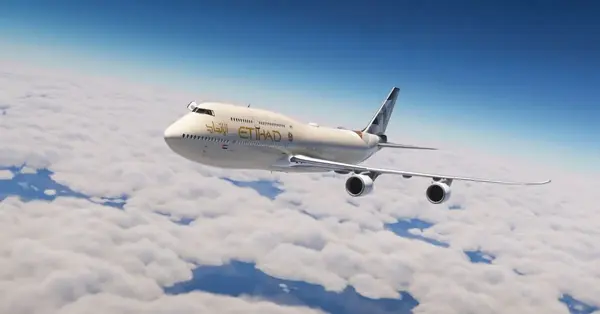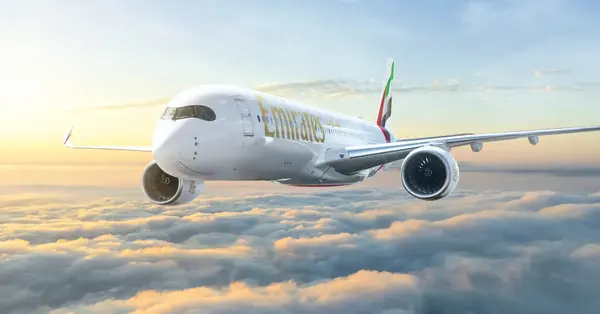You are viewing 2 of your 2 free articles
10,300 pilots needed to meet Middle East aviation boom
Oliver Wyman report says the Middle East is the only region where pilot demand will outpace supply through 2030
The Middle East’s aviation sector will need to recruit an additional 10,300 pilots by 2030 to meet surging demand from regional carriers, according to a new report from consultancy Oliver Wyman.
While pilot supply is exceeding demand in markets such as Europe and North America, the Middle East bucks the trend, intensifying competition among carriers including Emirates, Qatar Airways and Etihad to attract, train and retain crew.
Oliver Wyman says the Middle East will be the only region where pilot demand will continue to significantly outpace supply through 2030.
The Middle East is the world’s second fastest-growing aviation market, with passenger traffic forecast to reach 466 million in 2025, marking a 5.9% year-on-year increase. Oliver Wyman projects the region’s carriers will expand at nearly twice the global average, boosting their share of the world’s commercial fleet from 5.3% to 6.7% by 2035.
With fleet and traffic set to soar, Gulf carriers face a historic new talent crunch that’s changing how airlines attract, train, and retain pilots.
RELATED:
Emirates opens AED500 million pilot training centre in Dubai
Middle East airlines to be most profitable in 2025
Middle East air passengers to grow 5.9% in 2025
Historically, Gulf airlines have attracted global talent by offering tax-free salaries and fast-track opportunities to operate widebody aircraft, yet high pay alone may not solve the looming flight crew shortage.
The report highlights a generational shift, with younger pilots increasingly prioritising schedule stability and work-life balance over traditional compensation, and pushing airlines to redesign contracts and recruiting strategies.
To offset rising pilot costs, airlines are expected to lean more on technology, using AI to streamline and optimise scheduling and virtual or augmented reality to enhance training and strengthen the pilot pipeline.
In September, Dubai-based Emirates opened a cutting-edge AED500 million flight training centre featuring state-of-the-art simulators, which are expected to boost the airline’s annual pilot training capacity by 54% and help meet its goal of onboarding 1,500 new pilots by 2027, in tandem with fleet expansion to 350 aircraft by 2030.
Other leading carriers are ramping up growth as well: Etihad is expanding its fleet with 18 new aircraft before the end of 2025, a year when its network capacity jumped 25% and operating fleet grew to 115 aircraft. Meanwhile, Saudi Arabia’s new national carrier, Riyadh Air, plans to hire 700 pilots in its first three years
“With more than 10,000 pilots needed by 2030, carriers will have to think differently about sourcing, training, and retaining talent,” said André Martins, Head of Transportation and Advanced Industrials for India, the Middle East and Africa at Oliver Wyman.
“Solutions such as localised training pipelines, advanced simulation and innovative career pathways will be critical to sustaining growth.”
For more information, visit oliverwyman.com


















